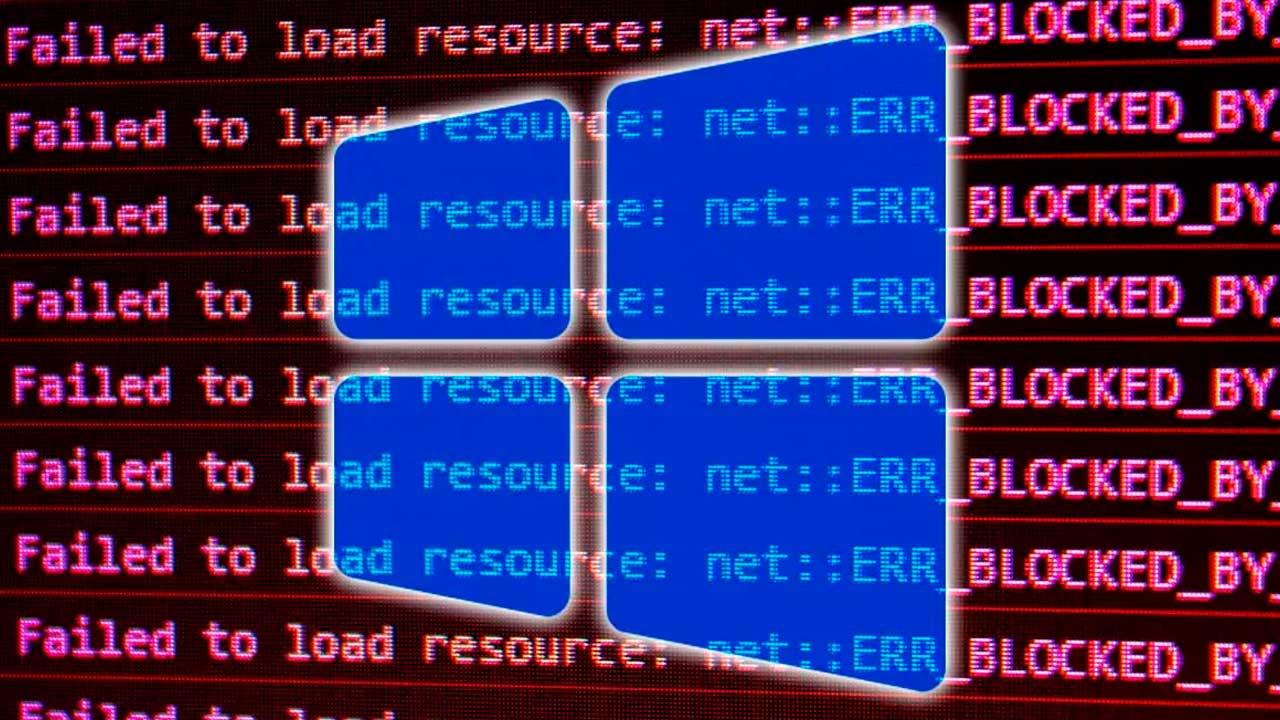We are in hyperconnectivity, where in many things it is quite difficult to completely disconnect from our work. It is not unusual to receive a message from a superior after work hours requesting some information. To avoid this, in Spain Digital Disconnection has been regulated by Law, so that the worker can disconnect from work during their rest time.
The so-called Digital Disconnection refers to the right of workers not to respond to messages or requests outside of working hours. It is established that the worker, outside of his or her working day, does not have to respond to messages, whether by WhatsApp, email or otherwise. In addition, the right not to respond to telephone calls or any other interaction is also established.
Five key points about the Digital Disconnection Law
You have to know that the only thing the rule aims to do is protect the rest times that every worker has by law. In an increasingly digitalized environment where communications are simple and agile, a problem has been detected in this regard. Due to employers’ abuse of their position, a need has been established to improve worker protection.
There are five main aspects that this new normal addresses, such as:
- Right to disconnect outside of working hours: establishes that any worker has the right not to respond to emails, calls or messages that have to do with work. The rule clearly establishes that this affects rest periods, weekends and vacation periods.
- Clear company policies: the company is obliged to have internal regulations or policies that guarantee digital disconnection. They have the obligation to communicate it clearly to the workers and ensure that it is complied with.
- Worker health: like any similar regulation, it wants to protect the physical and mental health of the worker. The aim is to reduce the pressure that the worker may have. Furthermore, the inability to disconnect can generate stress, frustration, anxiety and other pathologies, making the worker’s well-being take priority.
- No repercussions for the worker: the employer cannot, under any circumstances, sanction or discriminate against the worker. The impossibility of any type of sanction or dismissal for not responding to communications is protected. Failure to comply with this aspect may result in significant sanctions for the company.
- Clear and justified exceptions: protection against disconnection must be guaranteed, although it is established that exceptions may be given in cases of emergency or force majeure. These must be previously defined clearly and duly justified. In addition, the exception of on-call periods and emergency bodies is also contemplated.

As you can see, the rule is very clear and forceful, leaving no room for free interpretation. Make it clear that exceptions must be justified and must be due to an emergency or force majeure.
Above all, the rule makes it clear that the worker cannot be penalized for ignoring communications. There are already some precedents where the company has suffered a heavy fine. Additionally, they have been forced to reinstate the worker, pay him the salary for the months he has not worked and compensation for damages.













